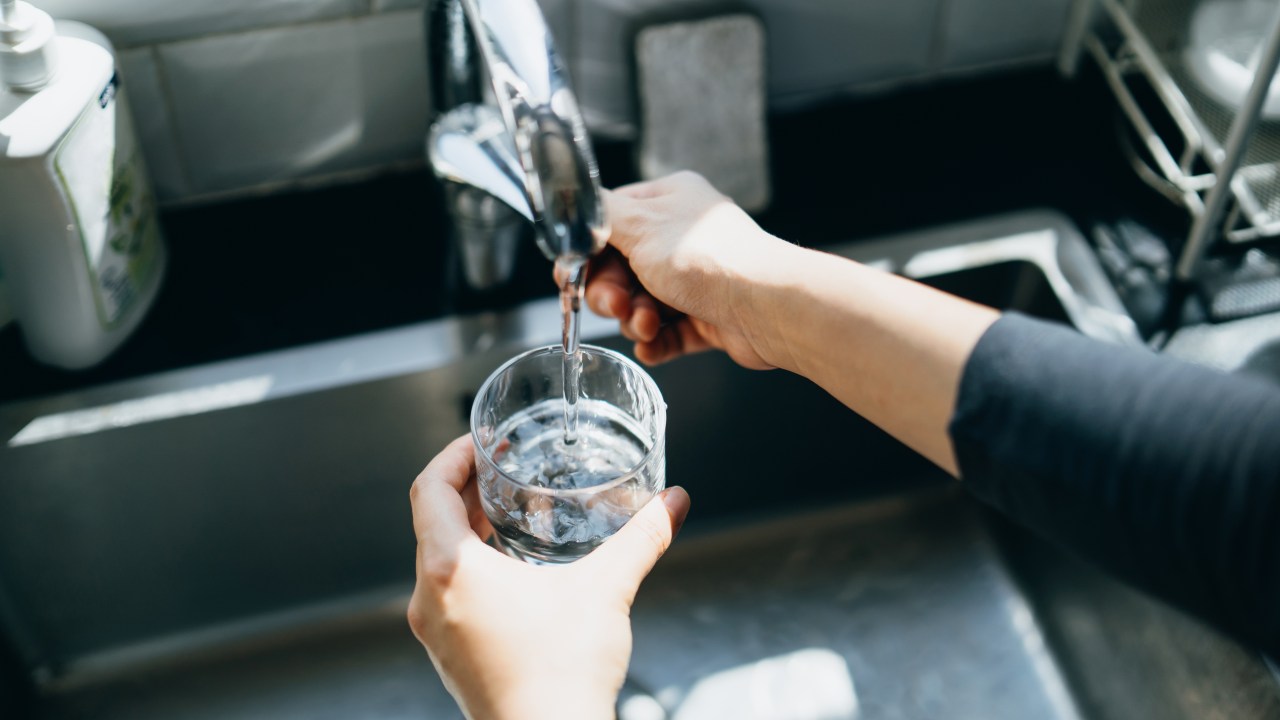A new study has found millions of Australians have been drinking tap water containing chemicals experts believe cause cancer. Find out if your town is affected.
Tap water in parts of New South Wales, the ACT, Queensland and Victoria have been found to contain contaminants the World Health Organisation deems likely to be carcinogenic.
US authorities found any level of PFOS and PFOA in drinking water is unsafe and likely to cause cancer.
PFOA is permitted in Australian tap water at 140 times the maximum levels allowed by the United States.
Analysis from Nine newspapers indicates the chemicals have been found in the drinking water of 1.8 million Australians since 2010.
In an exposition in The Sydney Morning Herald on Tuesday, tap water across parts of Sydney, Newcastle, Canberra, Victoria, Queensland and the “tourist havens” of Rottnest and Norfolk was found to contain the chemicals.
Experts said widespread testing of Australia’s drinking water was a priority after the US Environmental Protection Agency found there was no safe level of perfluorooctane sulfonate (PFOS) and perfluorooctanoic acid (PFOA) which were “likely” to cause cancer.
In December, the World Health Organisation’s cancer agency deemed PFOA as carcinogenic to humans.
In December, the World Health Organisation’s cancer agency deemed PFOA as carcinogenic to humans. Picture: Getty Images/d3sign
Toxic chemicals campaigner Dr Mariann Lloyd-Smith, who has served on UN expert committees, said it was a “national disgrace” the chemicals were permitted in Australia’s tap water at a rate 140 times higher than the US benchmark.
Dr Lloyd-Smith told Sky News on Tuesday the chemicals were “toxic” and linked to “everything” from cancer to low birth weight, including reproductive and developmental problems.
“So of course you would be worried,” she said.
“And you would be looking to your governments and councils and your water providers to take action.”
Dr Lloyd-Smith said drinking bottled water would not “solve” the problem as the water contained in plastic also contained contaminants.
“There are some water filters you can use, but is an expensive process and it’s absolutely unacceptable that the user should pay for that. It should be the person that created the contamination,” she said.
“I would suggest that’s companies like 3M who knew of the problem with their contaminants, they knew how persistent they were and they knew how toxic they were for many, many decades.
“It’s one of those massive problems, we’ve known about it since 2011 when the original testing of drinking water was undertaken, but very little has been done since then.”
Dr Mariann Lloyd-Smith said Australians should be concerned over the possibly “toxic” contaminants. Picture: Sky News Australia
Multiple water providers have carried out their own testing in recent years and found the chemicals were still turning up, sometimes in even higher concentrations than they were first discovered in 2011 through a University of Queensland study.
Recently, in the past 12 months, the two chemicals have been found in the drinking water in the Sydney suburb of North Richmond, in Newcastle and Jervis Bay, as well as Rottnest Island.
The masthead analysed available data which saw the chemicals were present in the tap water of up to 1.8 million Australians since 2010. The below table shows some of the locations PFOS/PFOA were detected in drinking water according to publicly available data collected by SMH:
Loading embed…
In April, the US unveiled its maximum limits of PFOA and PFOS in tap water to be four parts per trillion, the lowest target water providers could possibly implement.
In light of this, the US agency urged water providers to strive for zero because no level of exposure would be without a risk of “adverse health effects”.
SMH contacted all 23 affected Australian drinking water providers who all responded to say their tap water was safe because the detected levels of the chemicals were within Australia’s drinking water guidelines.
Maplewood, Minnesota, 3M company global headquarters. 3M produces the N95 respirator masks for the coronavirus. (Photo by: Michael Siluk/Education Images/Universal Images Group via Getty Images)
The US levels of four parts per trillion were a stark comparison to the Australian drinking guidelines, set in 2018, which designate for PFOA 560 parts per trillion and 70 parts per trillion for PFOS.
Of the Australian water providers, many exceed the US threshold which were based off recent scientific evidence which showed the “forever chemicals” never break down in the environment and “linger” in the human body for years.
Dr Lloyd-Smith said it was a “big issue” and would take an “awful lot of money” to fix.
“As a taxpayer, I think it really should be the polluter that’s paying that,” she said.

